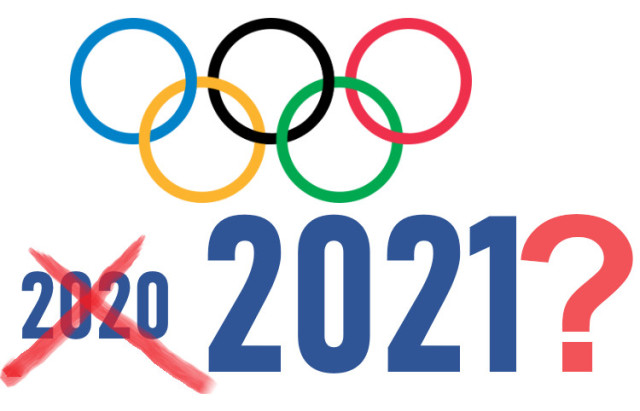Virendra Pandit
New Delhi: Never have perhaps the Olympic Games held in ‘peacetime’ been so scary, and listless. Although the International Olympics Committee (IOC) and the Japanese government are going ahead to kick off the Tokyo Olympic Games next month, there is little popular enthusiasm in the host country.
On the contrary, the Japanese citizens, dreading the fourth wave of Covid-19 despite accelerated vaccination, are demanding postponement or cancellation of the world’s top sports and games event, as in 2020.
Around 80,000 people are expected to land in Tokyo from across the world to attend the Games. They will include nearly 11,000 athletes who will participate in the mega-event from July 23 to August 8 amid the worst public health crisis in a generation.
The pandemic had forced the cancellation of the Games last year as Japan witnessed at least three waves of Covid-19. The way the deadly virus has mutated and devastated one country after another, local citizens are panicked lest the global travellers become carriers of the scourge in their country. There is a loud and clear clamour in Tokyo and other cities to cancel or delay the Games once again to keep at bay the potentially super-spreading event.
Health and medical experts have denounced the event, calling it irresponsible at a time when the pathogen and its more dangerous variants are taking lives in many parts of the world.
Even Dr Shigeru Omi, Japan’s top Covid-19 advisor, has urged the government to ban spectators from the Tokyo Olympics.
With so many restrictions, the Games itself is likely to be strangely lifeless — no pomp and splendour, no revelry after victories and no families to offer support. Almost empty sports grounds and stadia.
Prime Minister Yoshihide Suga, who had expressed inability to postpone the Games as this decision lay solely with the IOC, said that organizers will cap the number of domestic spectators at 10,000, about a seventh of the main stadium’s capacity. It will be a miracle if even these numbers actually manage to attend an event.
The audience will be provided with a 70-page document outlining rules on their movements and behaviour during the Games, and potential fines if they broke protocol. Athletes will also be subject to a three-day quarantine upon arrival and will be required to get tested daily. They must stay in a bubble within the athletes’ village. Socializing and group meals are prohibited. And they must depart from Japan within 48 hours of their last event.
Since the original 2020 event was postponed, the IOC and local organisers were determined to prove that the event can be pulled off successfully with stringent safety controls, according to media reports.
But all assurances have failed to influence citizens. Japanese epidemiologists have predicted that the Games could coincide with a fresh wave of Covid-19 cases due to the spread of variants. Influential bodies, like the Asahi Shimbun newspaper, which’s also an official sponsor, have advocated cancellation in recent months, sparking uncertainty over whether the event would proceed, or will be postponed again, or cancelled.
The concerned Japanese have even urged athletes to drop out of competition.
Ironically, the bulky Olympics rulebook has a safety protocol but does not make it mandatory for the participants to be vaccinated before reaching Tokyo — one reason why some experts fear that the virus will flare up among athletes in close quarters.

